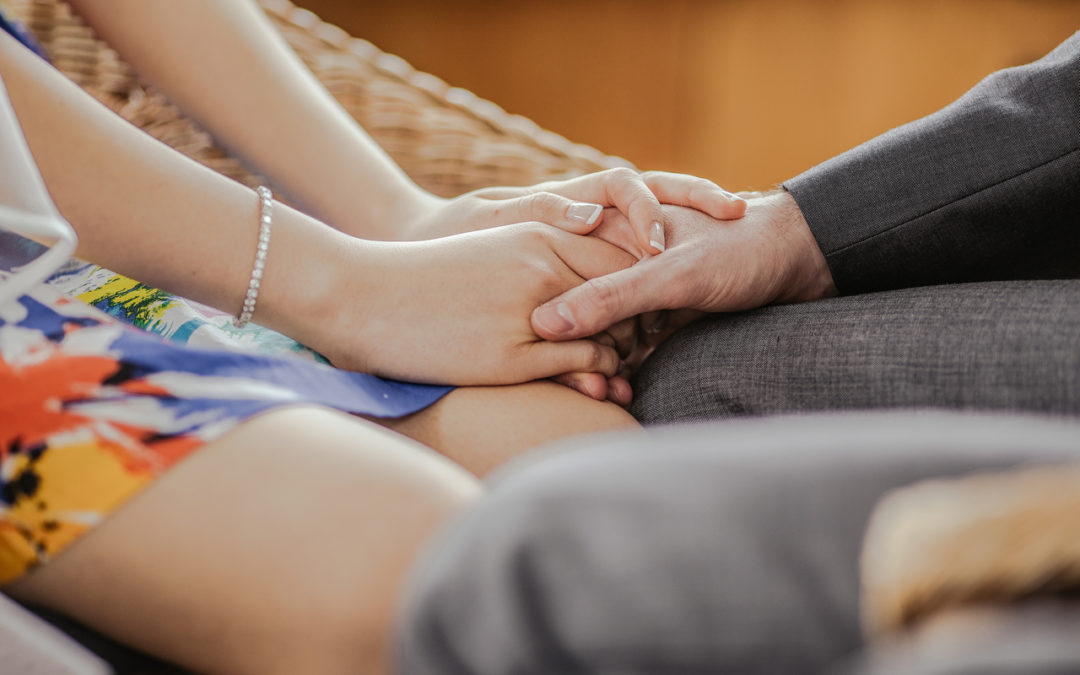How do you take care about your relations?
Our first relations are in the family where we grow up. A child, developing in a contact with his closest caregivers, learns not only how to speak but also what is and what is not OK to express and to whom. The child learns about himself – that it OK to experience and express his feelings and needs, or – quite the contrary – that his feelings and needs are not important. When growing up the child also internalizes family values and beliefs, which he can choose to accept or rebel against as a teenager or grown-up. What is much more difficult to verify and cast away are beliefs and convictions about oneself, because quite often one is not fully aware of them.
Despite home mortgages and the unglamorous everyday life, we are very romantic when it comes to choosing the future wife or husband. We invest in ourselves, take care about self-development, we want to taste life and, finally, to crown our efforts, we are looking for somebody exceptional. As Esther Perel says, “When we have already found THE ONE, we believe that there should be no need, desire or fascination connected with somebody else.” The wonderful state of being in love is to last forever, practically without our effort.
I think that this attitude leads to problems. How come that we take care about our car, refresh our flat, we do exercises to stay fit, but we so easily forget about investing in our relationship. By “investing” I mean being aware of how we are together, how we talk to each other, how we communicate our needs; how much time we spend together and how generous we are to each other? A relationship goes through its stages – from falling in love and feeling that we are the same, through noticing – sometimes very painful – that actually we are different. And since there are differences then he or she is not the ideal I was looking for – so do we really want to be together?
It is worth to stay together, because only when the idealistic stage of falling in love is over, there arises an opportunity for a true meeting the other person and building together something deeper that will change both me and him. Because, actually, I am not ideal, either.
Eva-Maria Zurhorst, the author of “Love Yourself and it does not matter who you marry” says:
“It does not matter who you marry. You are going to meet yourself in the other person anyway. The other person is always a mirror, where you can see your unmet needs, capacity for love, blockages and hurts, your own life energy, and most of all – your conflict between your longings and fears. (…) There, where you feel like trapped, where you experience cold, electrifying anger, boundless hate and loathing, just there, in yourself, you have plenty to do”.
This is very provocative, I admit – of course, it is not all the same to me who I marry – and the author does not say you should stay with a partner who beats you or is abusive. She means, and I agree, that difficulties in a relationship create an opportunity to develop. Because two people get together – coming from different homes, carrying different experiences, with different attitudes and values which up till now they did not even have to realize; and from now on they are to live together. And may it be long and finally happily ever after 😉

